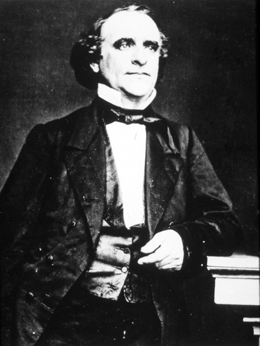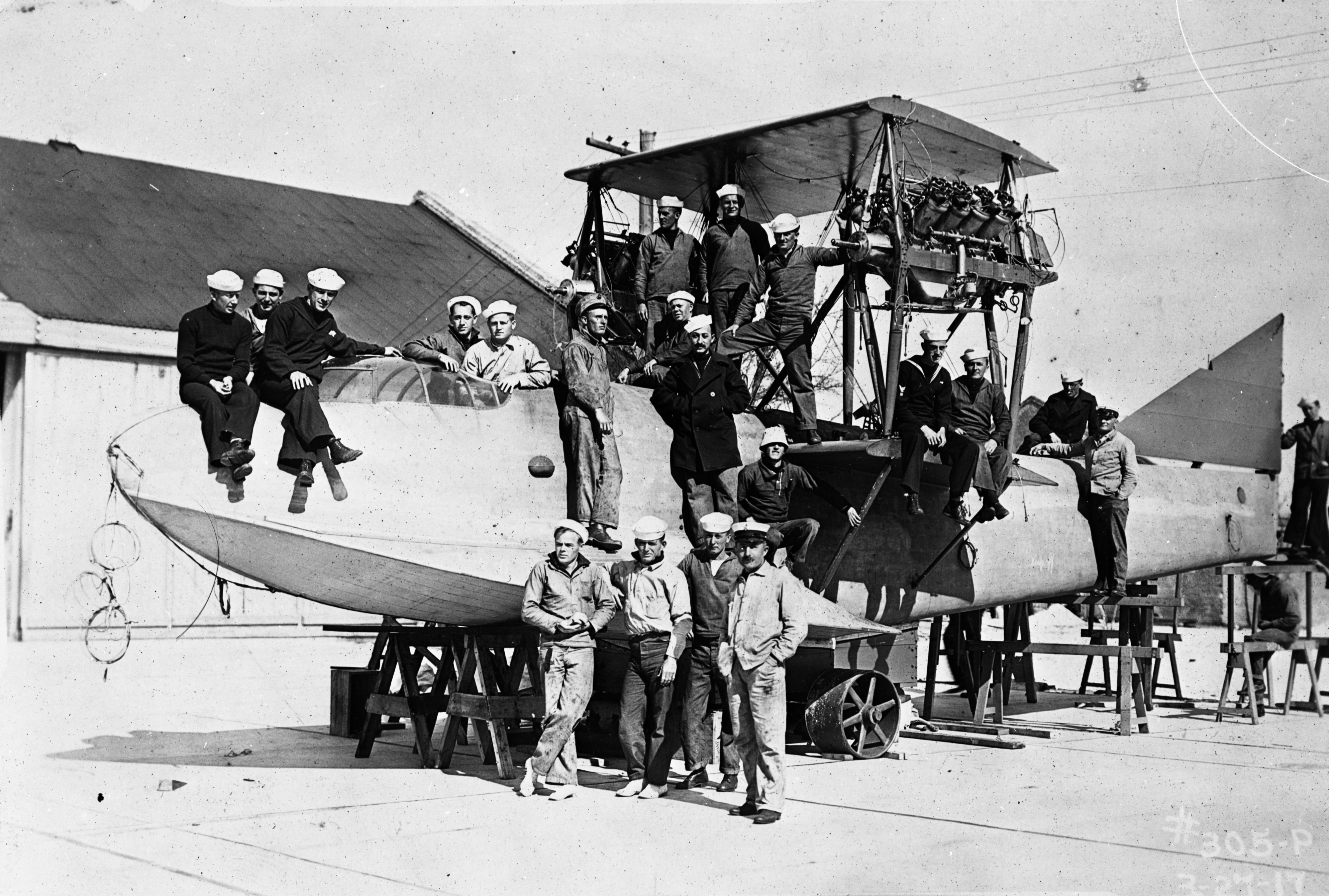Distant Storm: Florida's Role in the Civil War
A Sesquicentennial Exhibit
Florida’s Role in the Civil War
Before 1861: Florida’s Journey into Civil War
The Tariff
Besides abolitionism, another important area of contention between North and South during the antebellum period was the federal tariff policy.
The North, the manufacturing center of the nation, generally favored higher tariffs on imported goods to protect American manufacturers from foreign competition (usually British) and to ensure higher wages for American workers.
A high tariff was anathema in the South, where reliance on cotton exports meant favoring low tariffs in order to purchase imported goods at lower prices and to sell more cotton to European buyers.
From the War of 1812 to the beginning of the war with Mexico in 1846, Congressmen from the North and the Whig Party generally supported a high tariff policy to bolster industry. During that time, pro-tariff support won out in Congress and a number of high tariffs became law.
Continuing Southern opposition and the growing agricultural power of the Midwestern states combined to support passage of a lower tariff bill. In 1846, President James K. Polk, a low-tariff Democrat, and a Democratic majority in Congress passed the Walker tariff, named for the president’s treasury secretary, Robert J. Walker of Mississippi. The Walker tariff lowered tariffs, reducing rates on almost all imported goods.
On July 2, 1846, in the midst of the debate on the Walker tariff, Senator David Levy Yulee of Florida wrote to Governor William D. Moseley, Florida’s first governor under statehood, about the progress of the tariff bill in the Senate. Yulee was the first Floridian to serve in the United States Senate as well as being its first Jewish member.
Founder of the Florida Railroad and a key Florida supporter of secession and the Confederacy, Yulee in 1846 was a supporter of the Walker tariff. In his letter to Governor Moseley, he reports on the uncertain outcome of the tariff debate and provides insight into how he thinks some senators would vote.
Letter from Senator David Levy Yulee to Governor William D. Moseley, July 2, 1846, on the progress of the debate on the federal tariff bill of 1846
(Series 2153, Territorial and Early Statehood Records, 1821-1878)

Senate Chamber
July 27, 46
My Dear Sir,
I enclose you a circular I read just now, and have written Wiley & Putnam that I had referred the subject to your consideration.[1]
We are now near a vote upon the tariff. Webster has this moment concluded a very long and prosy speech. The universal opinion is that it is the least attractive speech he has ever made here, upon any exciting question.[2]
The issue is extremely doubtful. Haywood has behaved very badly. The Old North State has been dishonored. We are now thrown upon Jarnagin, (a Whig vote) as our only dependence, and today his vote is doubtful. In the course of today the whole matter will be decided. The determination of the Dem. Side of this chamber has been to withhold altogether from speeches. The reason is that oratory is the worst enemy we have to fear, since the day of adjournment has been fixed, and because we think the operation of the bill will on its triumphant vindication against all the Whig arguments.[3]
In haste,
Your friend
D. L. Yulee
His Excellency, Wm. D. Moseley

 Listen: The Latin Program
Listen: The Latin Program
